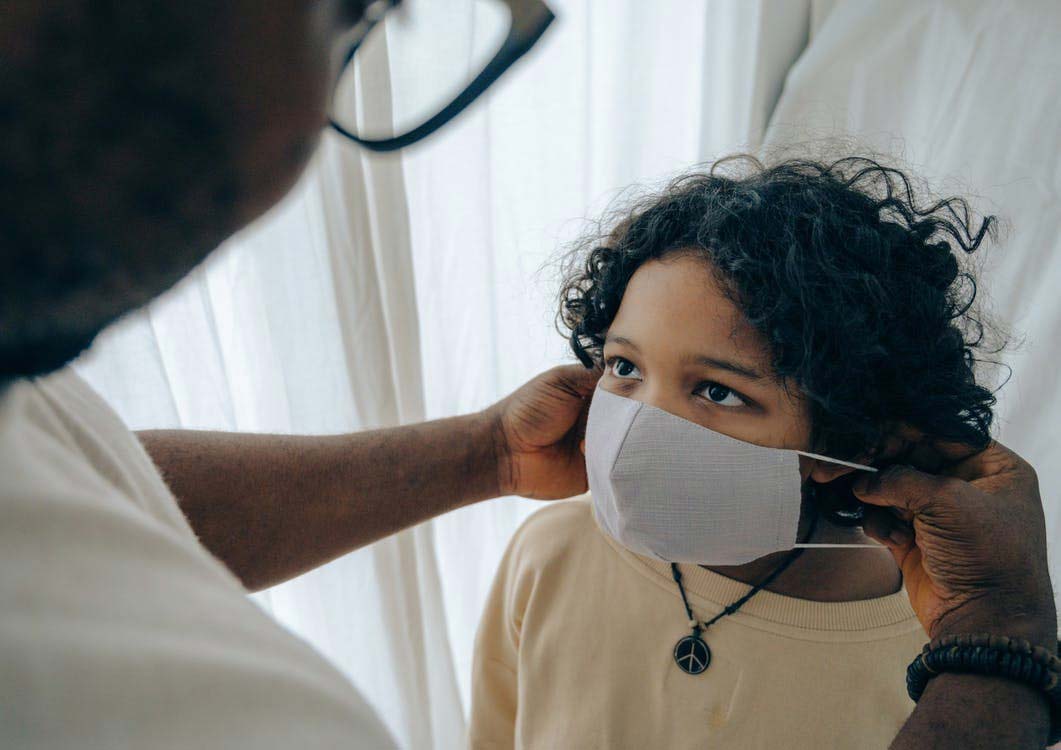The health, treatment, and healthcare hurdles faced by migrants who relocate due to political instability, conflict, or natural disaster focus on refugee health in the US. Refugees typically lose access to their medical records because of the frequently hurried circumstances of their departures from their home countries, and continuity of care is difficult to establish upon admission to the United States.
Furthermore, the living conditions upon arrival in the US have a negative influence on health by placing them in communities or situations with restricted access to care. This is a big issue, particularly for refugees suffering from chronic and mental health disorders.
Special considerations are made to offer adequate medical treatment for these individuals who frequently suffer tremendous adversities, traumatic situations, and travel through dangerous places to find sanctuary in the US. Read on to learn more about healthcare hurdles and possible solutions for Eritrean refugees.
Healthcare Hurdles Faced by Eritrean Refugees
Eritrean refugees frequently confront barriers to medical care, both in their home countries and after arriving in the United States. In their home nations, a lack of healthcare infrastructure and medical resources may prevent individuals from receiving necessary care before departure.
Once in the United States, healthcare hurdles such as cognitive, structural, and financial barriers can limit access to timely, adequate, and culturally competent care. The following are the common hurdles faced by Eritrean refugees in the west.
- Structural Barriers: Structural hurdles include transportation, geographical distance, waiting periods, service availability, and general health infrastructure and organization. All of these obstacles could obstruct physical access to health care. Structural barriers may overlap with economic and cognitive limitations.
- Economic Barriers: The most common causes for delayed or unmet healthcare for refugees in the US are a lack of affordability and accommodation. Resettling Eritrean refugee communities are frequently unable to achieve and sustain health and wellbeing for themselves and their families due to a lack of access to healthcare insurance and resources.
- Language Barriers: Multiple studies on refugee language competency have found that language obstacles can impede appointment scheduling, prescription filling, and clear communication and have been linked to health deterioration due to poor compliance and delays in obtaining care.
To overcome these limitations, programs such as video interpretation services, preventative treatment, and English language classes have been proposed are proposed.
All You Need to Know About Medical Screening for Refugees
Medical examinations are required for entrance into the United States. The screening is intended primarily to detect infectious diseases of public health importance. The abroad exam involves the following:
- Medical history inquiry
- Physical exam
- Chest x-ray for people over the age of 14
- Certain lab tests
- Screening for syphilis and HIV is in people over the age of 15
The overseas screening recommendations advise on pre-departure treatments. These tests are typically carried out days before a refugee departs their place of asylum. The domestic screening standards are intended for use by medical practitioners in the US who undertake the initial medical screening of refugees. These examinations are typically performed 30–90 days after arriving in the United States.
Three medical therapies are recommended to limit infectious illness and alleviate medical burdens associated with refugee resettlement. The first step is an obligatory abroad screening for all refugees and immigrants, followed by a recommended domestic screening for refugees and, lastly, a medical component to the Adjustment of Status (Green Card) procedure. These medical examinations are carried out by physicians chosen by US Department of State (DOS) consular authorities.
Refugees must enter the United States through one of the permitted ports of entry with Quarantine Stations. Personnel from the US Public Health Service check refugees’ medical records and conduct limited inspections to search for evident indicators of sickness at these locations. State health officials are notified, and copies of the overseas medical exam are forwarded via an electronic notification system managed by the CDC.
It is advised that refugees take a domestic health screening upon arrival in the US to decrease health-related hurdles to effective resettlement and protect the population’s health. Domestic health checks are designed to screen for infectious diseases, but they can also provide diagnosis and treatment for other discovered health concerns.
How to Obtain Health Insurance through the Marketplace Coverage
Navigating the US healthcare system and their health insurance coverage with documentation can make seeking treatment confusing and challenging. The US health insurance system is confusing, and there are numerous federal, corporate, and charitable groups engaged in this process. Individuals who require more specialized care have a harder time obtaining it.
Currently, many refugees receive Refugee Medical Assistance (RMA), which is a type of short-term health insurance. It is available for a period of up to eight months. Some refugees may be eligible for Medicaid or the Children’s Health Insurance Program (CHIP), which has been in place for a number of years.
The health insurance situation for refugees and other Americans is changing for the better in 2014, thanks to the health care reform. Many refugees who were only able to obtain eight months of insurance through RMA will be able to obtain continued health insurance through the Marketplace. Make sure you visit healthcare.gov to ensure you qualify for the Marketplace coverage.
The Affordable Care Act (ACA) establishes the Marketplace to assist people in shopping for lower-cost health insurance. The Marketplace also assists you in determining your eligibility for programs such as Medicaid and the Children’s Health Insurance Program (CHIP).
You will only need to fill out one application on the Marketplace, regardless of where you live. The Marketplace is available online at www.healthcare.gov. You can also call 1-800-318-2596 or get assistance with your application by visiting a Navigator.

